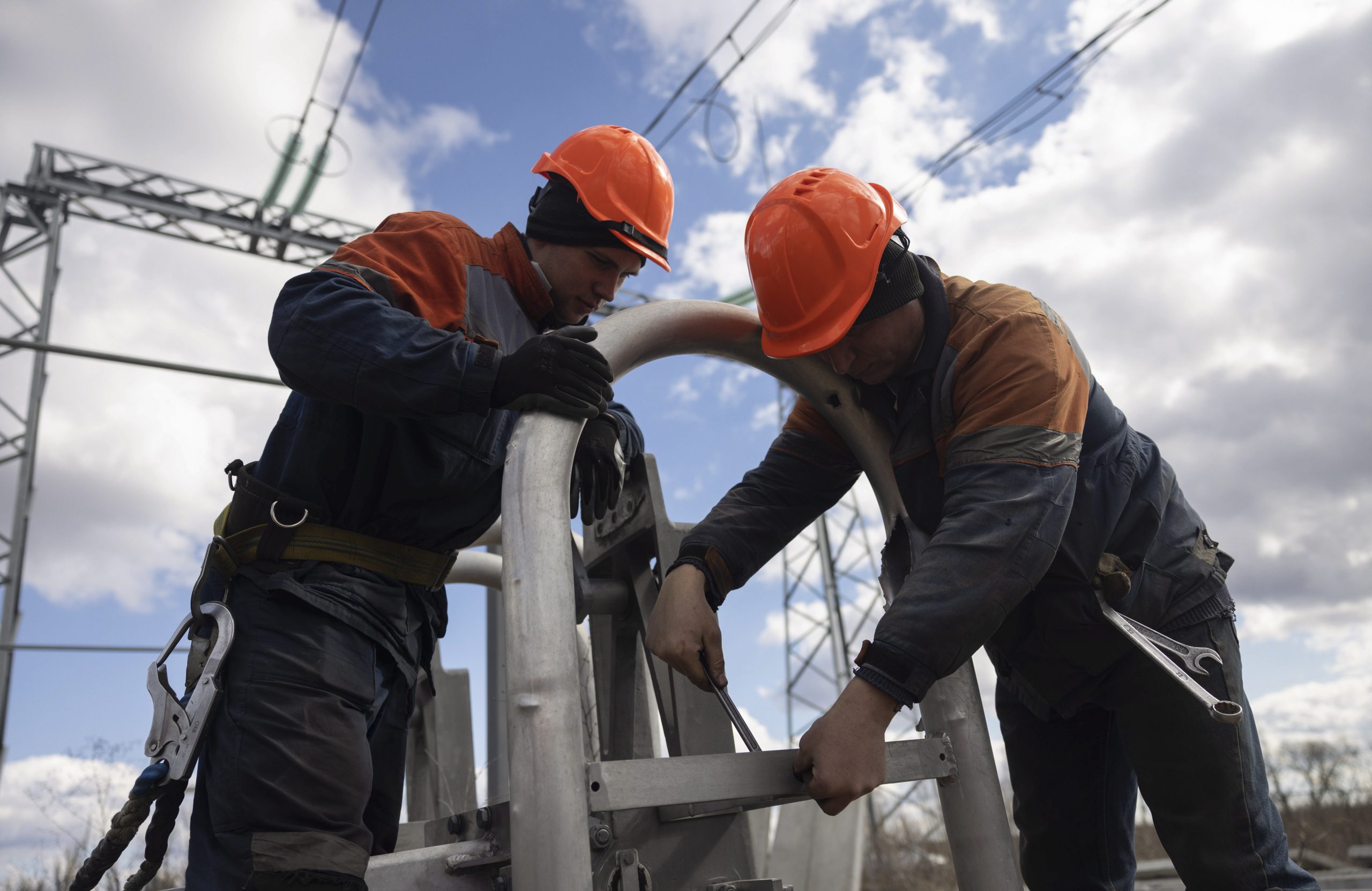War and Energy Security: Lessons for The Future
Russia’s war against Ukraine has produced multiple shifts in the geopolitical landscape of Europe. Various EU member states and EU institutions broke through entire decades of dogmatic principles and established practices in security and defence policies to respond to Russia’s aggression and protect the continent. The energy domain is at the forefront of this confrontation, as Russia used its dominant market position in European energy supply in the run-up to – as well as during – the war to weaken Europe’s responses, divide the EU, and deter it from increasing its support to Ukraine.
Read more













